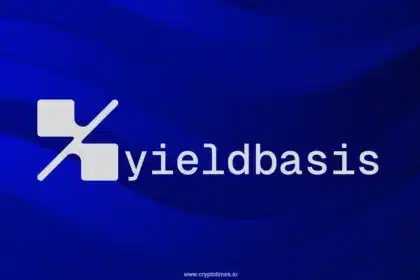The United Arab Emirates is preparing to roll out new global tax reporting rules for crypto. On September 20, the Ministry of Finance confirmed it has signed the Multilateral Competent Authority Agreement under the Crypto-Asset Reporting Framework (CARF).
The official announcement reads that the UAE plans to implement CARF in 2027, with the first exchanges of data expected in 2028. CARF, created by the Organisation for Economic Co-operation and Development (OECD) in 2023, allows countries to automatically share information on crypto-asset activities.
The Ministry says the system will bring greater certainty to the sector while keeping the UAE aligned with global tax transparency standards.
UAE seeks feedback through public consultation
To shape how the rules are applied, the Ministry is asking for feedback from the industry. Advisory firms, exchanges, custodians, traders, and other stakeholders are invited to share their views on how the framework might affect them.
The Ministry has opened an eight-week public consultation that started on 15th September and runs until 8th November. The Ministry of Finance says that the goal is “to develop clear and effective regulatory rules informed by the insights of experts and stakeholders, and aligned with market needs.”
Reporting requirements
Under CARF, exchanges, brokers, custodians, and wallet providers will be required to collect and report data, including transactions, account balances, and customer residency information. The framework is to deter tax evasion, safeguard investors, and establish a robust reporting system.
The decision comes as the UAE continues to establish itself as a global center for digital assets. The country exempted value-added tax from crypto transactions in 2024. About the same time, Dubai established clear guidelines for Web3 businesses through the Digital Assets Law and the Virtual Asset Regulatory Authority (VARA).
Also Read: Bitcoin Slips Below Support, $1.7B Wiped Out in Liquidations













